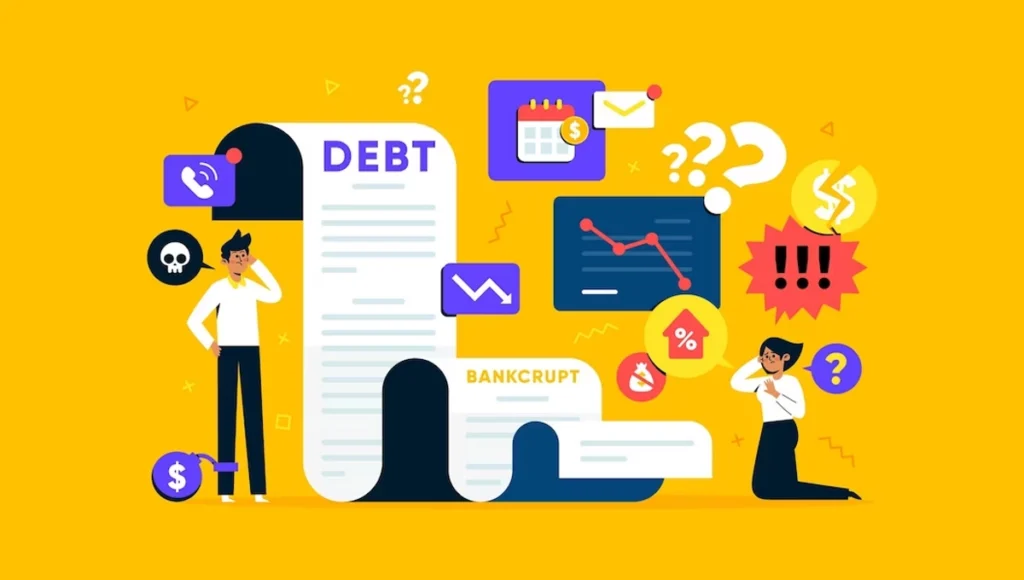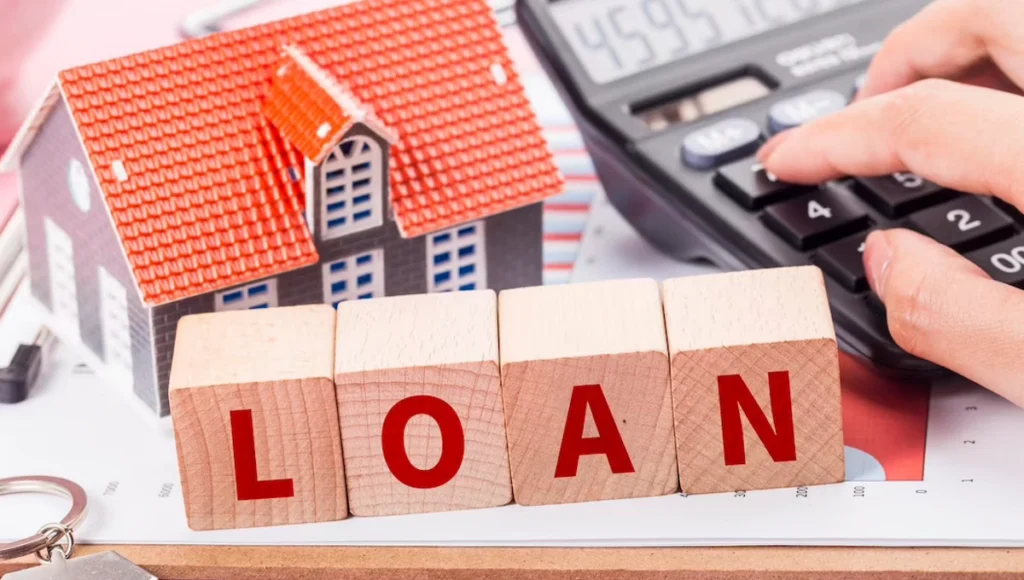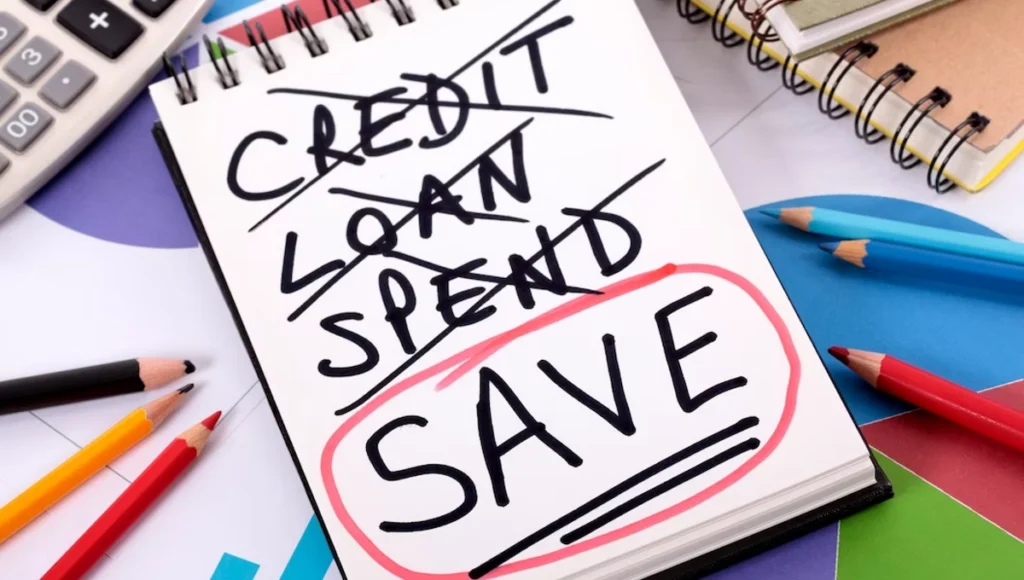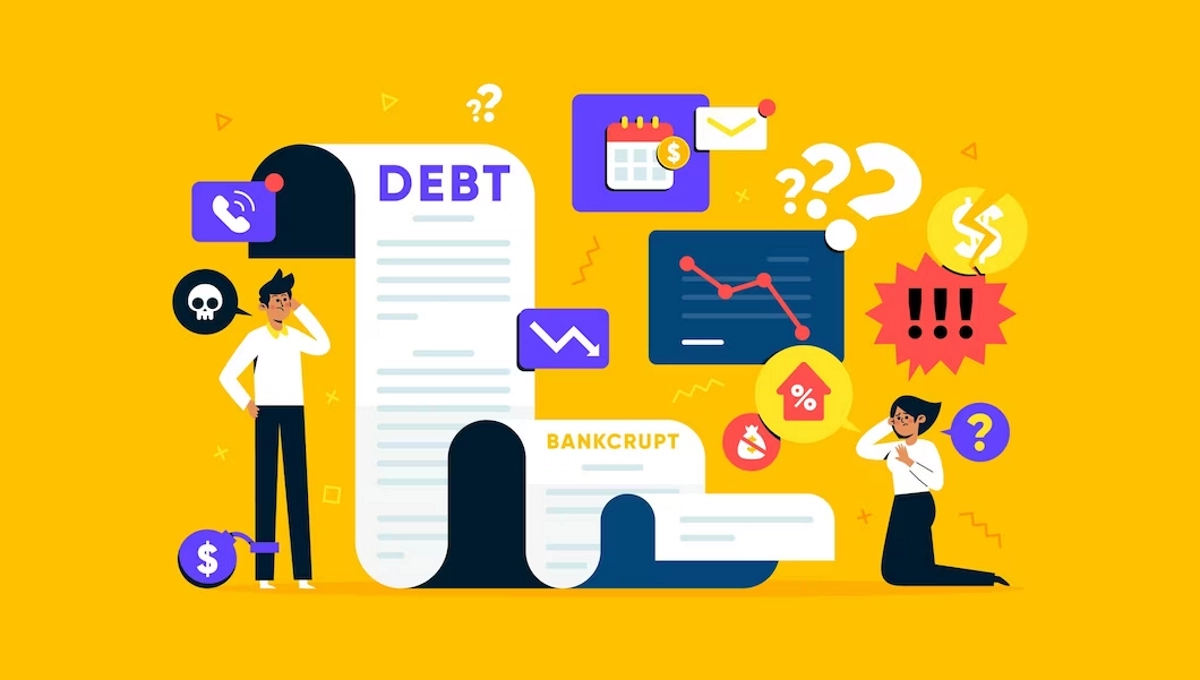Debt Settlement and Debt Consolidation Loans : Debt is a problem that many individuals frequently encounter. When you owe money to different creditors, it can become difficult to manage payments, interest rates, and fees. Fortunately, there are options to help you reduce your debt, including debt settlement and debt consolidation loans. In this article, we will provide an overview of these two methods to help you make an informed decision.

Table of Contents
1. What is Debt Settlement?
Debt settlement is a method of reducing the amount of debt you owe to creditors by negotiating a lower amount with them. This option is typically used for unsecured debts, such as credit card debt, medical bills, and personal loans. In debt settlement, you work with a debt settlement company or negotiate directly with your creditors to settle your debts for less than what you owe.
2. How Does Debt Settlement Work?
The process of debt settlement involves the following steps:
- You stop making payments to your creditors and start saving money in a dedicated account.
- The debt settlement company or attorney negotiates with your creditors to reduce the amount you owe.
- Once an agreement is reached, you make a lump sum payment to the creditor or a payment plan over time.
- The debt settlement company takes a fee for their services, which is typically a percentage of the amount of debt you settle.
3. Debt settlement: Advantages and Drawbacks
Advantages:
- Debt settlement can result in a significant reduction in the amount you owe to your creditors.
- You can prevent bankruptcy by using debt settlement.
- Debt settlement can provide a faster path to debt relief compared to other options.
Drawbacks:
- Debt settlement can damage your credit score and make it difficult to get credit in the future.
- Debt settlement can result in tax implications for the forgiven debt.
- Debt settlement companies may charge high fees and not deliver the promised results.
4. What is a loan for debt consolidation?
You can combine all of your bills into one loan with a single monthly payment if you take out a debt consolidation loan. This option is typically used for unsecured debts, such as credit card debt, medical bills, and personal loans.

5. How Does a Debt Consolidation Loan Work?
The following steps are involved in the debt consolidation process:
- You apply for a debt consolidation loan with a bank or lender.
- You utilise the loan money to settle your debts if it is granted.
- You make a single monthly payment to the lender, typically at a lower interest rate than your previous debts.
- You may also have the option to extend the repayment period, which can lower your monthly payment but increase the total cost of the loan.
6. Loans for debt consolidation: Pros and Cons
Pros:
- Your debt repayment process might be made simpler with debt consolidation loans.
- Debt consolidation loans can lower your interest rate and monthly payment.
- Debt consolidation loans can help improve your credit score by reducing your credit utilization ratio.
Cons:
- Debt consolidation loans can result in a longer repayment period and higher total cost of the loan.
- Debt consolidation loans may require collateral, such as a home
7. Which Alternative Is Best for You?
The option that is right for you will depend on your individual financial situation. Debt settlement may be a better option if you have a significant amount of debt that you cannot afford to pay back in full. However, debt settlement can also be risky and may not work out in your favor. A debt consolidation loan may be a better option if you have multiple debts with high interest rates and can afford to make the monthly payments on the loan.
8. Factors to Consider When Choosing Between Debt Settlement and Debt Consolidation Loans

When deciding between debt settlement and debt consolidation loans, consider the following factors:
- Your total amount of debt and the types of debts you owe.
- Your credit score and financial history.
- Your ability to make monthly payments on a loan.
- The costs and interest rates incurred by each choice.
- The potential impact on your credit score.
9. Alternatives to Debt Settlement and Debt Consolidation Loans
If debt settlement or debt consolidation loans are not the right options for you, consider the following alternatives:
- Budgeting and reducing expenses to free up more money to put towards debt repayment.
- Contacting your creditors to negotiate a payment plan or interest rate reduction.
- Seeking the assistance of a credit counseling agency.
10. Tips for Managing Debt
Regardless of the method you choose to manage your debt, there are several tips you can follow to help you stay on track:
- Create a budget and stick to it.
- Pay more than the minimum payment on your debts whenever possible.
- Consider a balance transfer to a credit card with a lower interest rate.
- Avoid taking on new debt while you are still working to pay off existing debt.
11. Common Myths About Debt Settlement and Debt Consolidation Loans
There are several common myths surrounding debt settlement and debt consolidation loans, including:
- Debt settlement is always the best option for reducing debt.
- Debt consolidation loans are only for people with good credit.
- Debt consolidation loans always result in lower interest rates.
- Debt consolidation loans eliminate debt, rather than simply consolidating it.
12. Frequently Asked Questions
- Will debt settlement hurt my credit score?
- Yes, debt settlement can hurt your credit score, as it involves not paying your debts in full.
- Can I negotiate debt settlement on my own, without a debt settlement company?
- Yes, you can negotiate debt settlement on your own, but it may be more difficult and time-consuming.
- What is the difference between debt settlement and debt consolidation?
- Debt settlement involves negotiating a lower amount to pay off your debts, while debt consolidation involves taking out a loan to pay off your debts.
- How long does it take to complete debt settlement?
- The length of time it takes to complete debt settlement can vary depending on your individual situation.
- Are there any tax implications for debt settlement?
- Yes, forgiven debt may be considered taxable income and you may receive a 1099-C form.
13. Conclusion
Debt settlement and debt consolidation loans are two options for reducing your debt and achieving financial freedom. Both options have their pros and cons, and the option that is right for you will depend on your individual financial situation. Consider the factors discussed in this article before making a decision, and remember to follow tips for managing debt regardless of the option you choose.
14. FAQs
What is Debt Settlement?
Debt settlement is a debt relief option where you negotiate with your creditors to pay off your debt for a lower amount than what you owe. This option can be helpful if you have a significant amount of debt that you cannot afford to pay back in full. However, debt settlement can also be risky and may have negative consequences on your credit score.
How Does Debt Settlement Work?
To begin the debt settlement process, you will typically stop making payments on your debts and save money to offer a lump sum payment to your creditors. Once you have saved enough money, you can contact your creditors or work with a debt settlement company to negotiate a settlement agreement. If your creditors agree to the settlement, you will make the lump sum payment and your debts will be considered paid in full.
What are the Pros and Cons of Debt Settlement?
Pros:
Can help reduce your overall debt.
Can provide relief from high monthly payments.
Can help you avoid bankruptcy.
Cons:
Can have negative consequences on your credit score.
Can result in tax consequences.
Can be risky and may not work out in your favor.
What is a Debt Consolidation Loan?
A debt consolidation loan is a loan that you can use to pay off multiple debts. By consolidating your debts into one loan, you can simplify your monthly payments and potentially lower your overall interest rate.
How Does a Debt Consolidation Loan Work?
To use a debt consolidation loan, you will typically take out a new loan with a lower interest rate than your existing debts. You will then use the loan to pay off your existing debts, leaving you with only one monthly payment to make. This can make it easier to manage your debt and potentially save you money in interest charges.
What are the Pros and Cons of a Debt Consolidation Loan?
Pros:
Can help simplify your monthly payments.
Can potentially lower your overall interest rate.
Can provide a fixed payment plan.
Cons:
May require collateral.
May have higher interest rates than your existing debts.
May not be available to those with poor credit.
Don’t forget to support us by following us on Google News or Returning to the home page TopicsTalk
Join Telegram and WhatsApp for More updates
Follow us on social media




